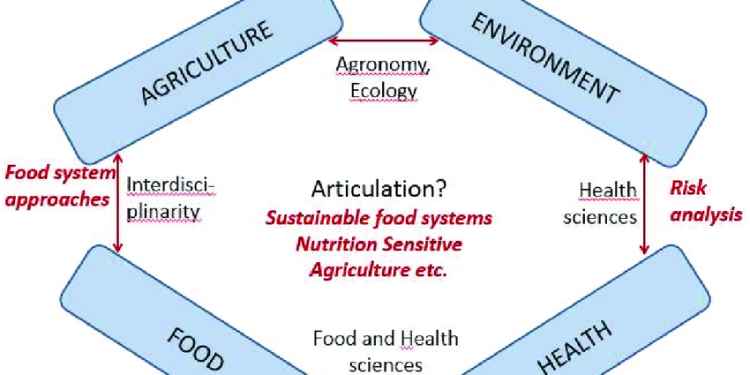Agriculture is facing a wide range of challenges that threaten food security and environmental sustainability. In this article, we will discuss a fresh approach to tackle these problems by integrating new technologies and practices into agricultural systems.
According to a recent article published in Phys.org, a new approach to agriculture is needed to address challenges such as climate change, soil degradation, and water scarcity. This approach involves the integration of new technologies such as precision farming, agroecology, and digital agriculture, as well as practices such as regenerative agriculture and sustainable intensification.
Precision farming involves the use of data-driven technologies such as sensors, drones, and GPS to optimize crop yields while reducing input costs and environmental impact. Agroecology involves the use of ecological principles to design and manage agricultural systems that are more resilient and sustainable. Digital agriculture involves the use of digital tools and platforms to improve decision-making and communication in agriculture.
Regenerative agriculture is a holistic approach that focuses on rebuilding soil health and ecosystem resilience, while sustainable intensification involves increasing food production while minimizing negative impacts on the environment.
By integrating these new technologies and practices into agricultural systems, farmers can improve their resilience to climate change, increase their productivity and profitability, and reduce their environmental impact.
In conclusion, a fresh approach to agriculture is needed to tackle the many challenges facing the sector. By integrating new technologies and practices into agricultural systems, farmers can improve their resilience and sustainability, while also meeting the growing demand for food and protecting the environment.







